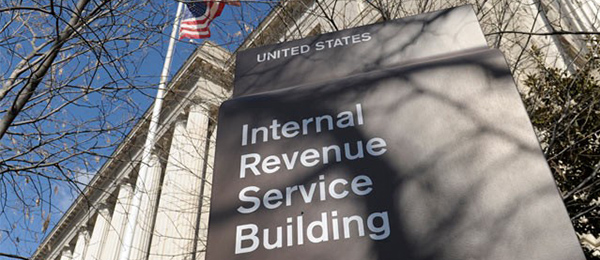Clean Water Current
NACWA Spearheads Coalition Comments Supporting Municipal Tax-Exempt Bonds

NACWA, along with a coalition representing the municipal water and wastewater sector, submitted comments to the U.S. Department of the Treasury and Internal Revenue Service (IRS) on August 7, focused on proposed rules that redefine “political subdivision” for the purposes of issuing tax-exempt bonds. NACWA and the coalition previously submitted comments on May 23, 2016, urging IRS and the Treasury to rescind or substantially revise the proposed regulations. In a victory for the clean water community, the Treasury Department and the IRS published a notice on July 10 listing the proposed definition among eight regulations they intend to rescind or substantially revise and submit to President Trump in September.
The Association’s original comments focused on maintaining the authority of public clean water and stormwater utilities to issue tax-exempt bonds. Under existing regulations, a “political subdivision” is “any division of any state or local governmental unity which is a municipal corporation or which has been delegated the right to exercise part of the sovereign power of the unity.” Essentially, this definition considers any public entity with the authority to exercise taxing, eminent domain, or police (regulatory) powers to be able to issue tax-exempt bonds. The proposed rule would create a more restrictive, less clear definition and potentially harm access for municipal clean water agencies to funding from tax-exempt bonds. The Treasury proposed the revisions to target special districts that remain privately controlled and politically unaccountable, but qualify as political subdivisions. However, the revised language may disqualify some clean water agencies from their long-standing access to tax-exempt municipal bonds used for lower-cost financing.
NACWA’s August 7 comments echoed its original comment letter, urging Treasury and IRS to either rescind or, at the very least, modify the proposed definition. The comments detailed the impact the new definition would have on clean water agencies if the proposed language were to be enacted. NACWA’s letter included recommended changes to the definition to meet the Treasury’s goal without placing increased financial strain on clean water utilities. A rule narrowly focused on the special districts would address the issue at hand without compromising clean water agencies and the potential for reliable water infrastructure.
For questions or comments on the proposed regulation, please contact NACWA’s Deputy General Counsel, Erica Spitzig.